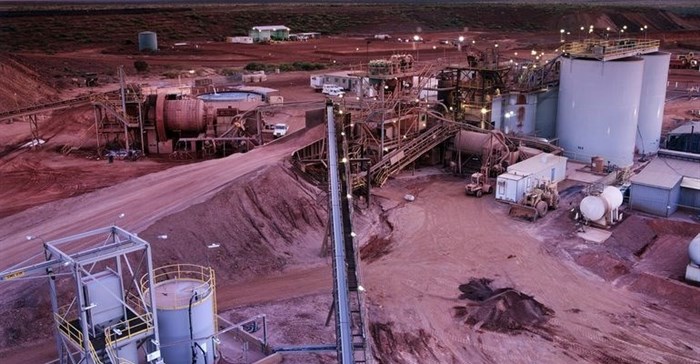
Related
Top stories






More news
















Logistics & Transport
Uganda plans new rail link to Tanzania for mineral export boost










Speaking on the second day of the Mining Indaba, Biti says that in the 24 African countries where mining is dominant for economic growth, this did not necessarily translate into sustainable development.
His comparison of 1980, 1990 and 2000 figures between resource-rich and resource-poor countries shows that there are little difference in indicators such as life expectancy and GDP, therefore mineral wealth hasn't really benefited the former.
In addition, these countries' economies have been primarily focused on export of raw materials with very little emphasis on beneficiating these resources, with the concomitant skills development and job creation.
"Instead, being resource-rich has created a breeding ground for crony capitalism and corruption, and is killing the creativity of the country."
"The boom cycle has come to an end, and the balance sheets of mineral-rich countries show they haven't taken full advantage of the situation. Now, in the post-boom phase, this has massive consequences on currency and other areas of the economy," he explains.
There is a need for a major paradigm shift, with the priority on creating a win-win situation by transforming from a high-value/low-impact scenario to one of high-value/high-impact.
"We need to repair the situation through forward linkages and revisiting the current accumulation model. Part of the solution is to ensure industrialisation and diversification," Biti says.
Despite their political challenges, the economic stars on the continent are countries such as Ethiopia and Kenya. They have a common thread of diversification, particularly in the financial and ICT sectors.
Another area where there is room for economic growth is the energy deficit strangling the continent.
"Governments should see this deficit as an opportunity towards reinventing the resources sector. The same applies to improving infrastructure. The opportunities are there."
"We need to create a balance that is beneficial to all stakeholders," he concludes.
Like other stakeholders, communities should be seen as equal partners in any mining project and their expectations need to be met, says Mining Dialogues 360°, a collaborative platform that conducts research and facilitates multi-stakeholder dialogues.
Traditional methods of socio-economic research assumes that communities are a single homogeneous entity. This is not the case. Within each mining community, there are very different groups with very different aspirations.
A survey conducted by the group shows that mining communities can be divided into two main groups, namely migrants and locals, each of which have their own substrata.
Between the two main groups there are clear differentials in terms of current and long-term goals.
For example, when it comes to salaries, most migrants will send their money to their rural homes to provide for their families and to buy cattle, while locals will invest in their children's education or more sophisticated financial tools such as pension and funeral plans.
In terms of skills, migrants are looking to develop their farming skills, whereas young locals would prefer to develop their business acumen.
What is driving change across all groups in mining communities, but not only specific to the sector, is access to social media.
South Africa has 93% penetration when it comes to cell phones, and by providing free internet, project planners could improve the social fabric of the mining communities, including better basic education and allowing workers to have more regular contact with their distant families.
What sustainable mining really means is understanding the stakeholder groups and developing plans accordingly, which has the spin-off of better productivity and sustainability.
Mining Indaba 2016 is currently under way at the Cape Town International Convention Centre from 8-10 February. for more info, go to www.miningindaba.com.
